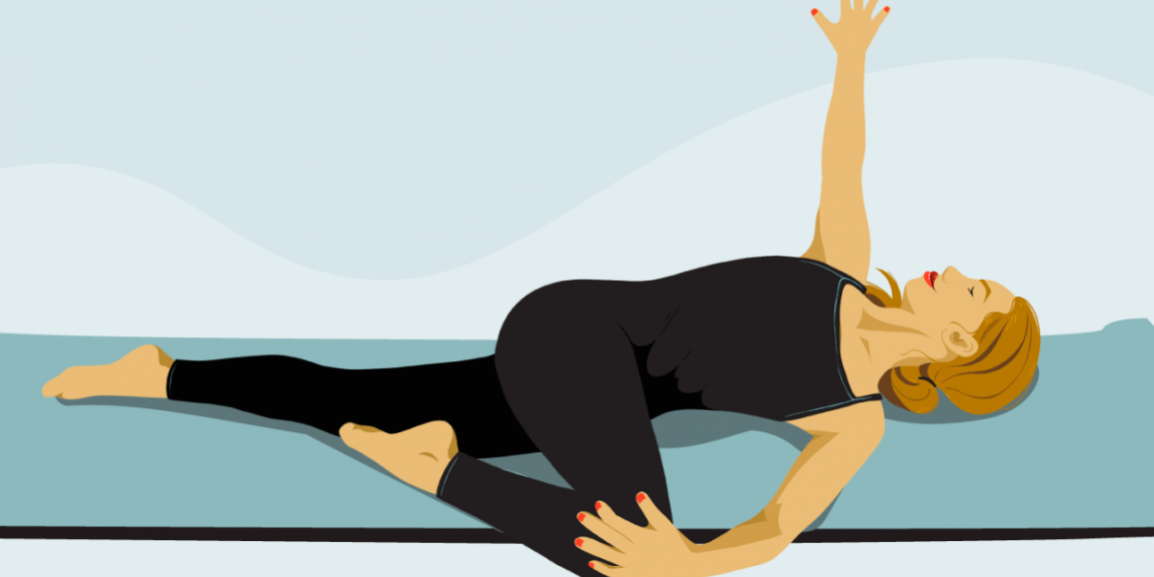The Role of Exercise in Managing Endometriosis
Endometriosis is a long-term, often painful condition that affects an estimated one in ten women of reproductive age. It occurs when tissue similar to the lining of the womb grows outside the uterus, leading to chronic pelvic pain, fatigue, and, in many cases, fertility issues. While surgery and hormone treatments remain standard approaches, there is growing evidence that exercise can play a beneficial role in managing endometriosis symptoms.
Understanding the Link Between Exercise and Endometriosis
In recent years, researchers have explored the connection between physical activity and endometriosis management. Regular, moderate exercise appears to help regulate both inflammatory and hormonal processes that contribute to the disease. For example, a study published in Reproductive Sciences found that women with endometriosis often exhibit elevated oestrogen levels and systemic inflammation, two factors known to exacerbate symptoms. Regular aerobic activity has been shown to reduce oestrogen dominance and enhance immune function, potentially lessening symptom severity
The Benefits of Low-Impact Exercise
Women with endometriosis frequently struggle with chronic pain and fatigue, which can make the idea of exercise daunting. However, avoiding movement altogether may lead to greater stiffness, worsening pain, and reduced emotional wellbeing. According to a clinical review in Women’s Health, gentle forms of exercise such as yoga, pilates, and walking have been associated with improved circulation, reduced pelvic congestion, and greater muscle support in the pelvic area. The review also notes that patients who engage in individualised physical activity programmes report improved quality of life and pain management.
Exercise for Mental Health and Emotional Resilience
The psychological burden of endometriosis should not be underestimated. Many women experience anxiety, depression, and emotional exhaustion due to the unpredictability and impact of the condition. A meta-analysis published in the British Journal of Sports Medicine confirmed that regular physical activity is one of the most effective non-pharmacological strategies for reducing symptoms of depression and anxiety, both of which are common in women living with endometriosis.
A Holistic Approach with Mr Amer Raza
It’s important to understand that exercise is not a cure, but rather a complementary strategy that can support medical treatment. Mr Amer Raza, a leading consultant gynaecologist and advanced laparoscopic surgeon, supports a holistic and evidence-based approach to endometriosis care. His patients often receive individualised treatment plans that may include surgical management, lifestyle modifications, physiotherapy, and movement-based rehabilitation tailored to their specific needs.
Start Your Personalised Endometriosis Care Journey
For those dealing with severe pain or fatigue, it is essential to seek medical advice before starting a new exercise programme. Under the guidance of a specialist, even low-impact movement can restore a sense of control and bring about meaningful improvements in overall wellbeing.
To explore how Mr Amer Raza supports women with endometriosis and to book a consultation, visit chelseawellwomen.co.uk today.






